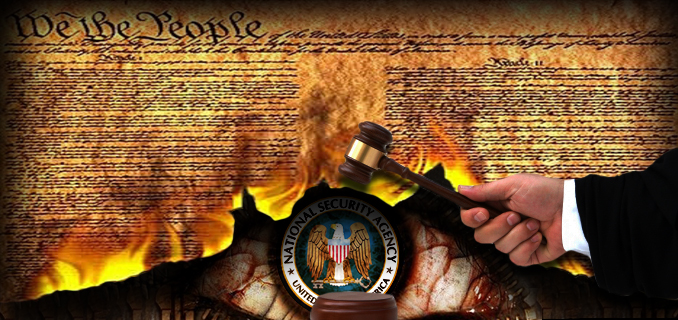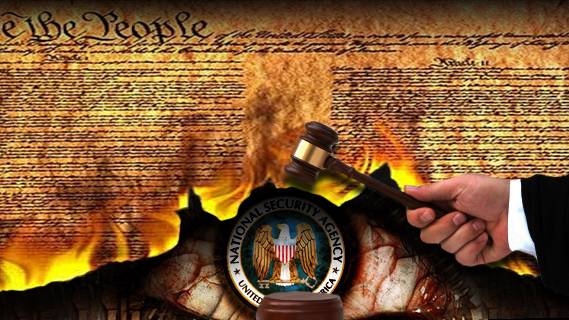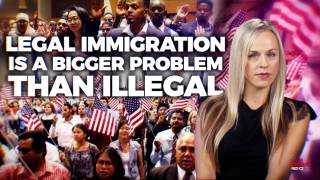N.Y. judge rules NSA phone surveillance legal
Source: politico.com

U.S. District Judge William Pauley said in a written opinion that the program lets the government connect fragmented and fleeting communications and "represents the government’s counter-punch" to the al-Qaida’s terror network’s use of technology to operate decentralized and plot international terrorist attacks remotely.
"This blunt tool only works because it collects everything," Pauley said. "The collection is broad, but the scope of counterterrorism investigations is unprecedented."
Pauley’s decision contrasts with a ruling earlier this month by U.S. District Court Judge Richard Leon, who granted a preliminary injunction against the collecting of phone records of two men who had challenged the program. The Washington, D.C. jurist said the program likely violates the U.S. Constitution’s ban on unreasonable search. The judge has since stayed the effect of his ruling, pending a government appeal.
Pauley said the mass collection of phone data "significantly increases the NSA’s capability to detect the faintest patterns left behind by individuals affiliated with foreign terrorist organizations. Armed with all the metadata, NSA can draw connections it might otherwise never be able to find."
He added: "As the Sept. 11 attacks demonstrate, the cost of missing such a threat can be horrific."
Pauley said the attacks "revealed, in the starkest terms, just how dangerous and interconnected the world is. While Americans depended on technology for the conveniences of modernity, al-Qaida plotted in a seventh-century milieu to use that technology against us. It was a bold jujitsu. And it succeeded because conventional intelligence gathering could not detect diffuse filaments connecting al-Qaida."
The judge said the NSA intercepted seven calls made by one of the Sept. 11 hijackers in San Diego prior to the attacks, but mistakenly concluded that he was overseas because it lacked the kind of information it can now collect.
Still, Pauley said such a program, if unchecked, "imperils the civil liberties of every citizen" and he noted the lively debate about the subject across the nation, in Congress and at the White House
"The question for this court is whether the government’s bulk telephony metadata program is lawful. This court finds it is. But the question of whether that program should be conducted is for the other two coordinate branches of government to decide," he said.
A week ago, President Barack Obama said there may be ways of changing the program so that is has sufficient oversight and transparency.
In ruling, Pauley cited the emergency of the program after 20 hijackers took over four planes in the 2001 attacks, flying two into the twin towers of the World Trade Center, one into the Pentagon and a fourth into a Pennsylvania field as passengers tried to take back the aircraft.
"The government learned from its mistake and adapted to confront a new enemy: a terror network capable of orchestrating attacks across the world. It launched a number of counter-measures, including a bulk telephony metadata collection program — a wide net that could find and isolate gossamer contacts among suspected terrorists in an ocean of seemingly disconnected data," he said.
Pauley dismissed a lawsuit brought by the American Civil Liberties Union, which promised to appeal to the 2nd U.S. Circuit Court of Appeals in Manhattan.
"We’re obviously very disappointed," said Brett Max Kaufman, an attorney with the ACLU’s National Security Project. "This mass call tracking program constitutes a serious threat to Americans’ privacy and we think Judge Pauley is wrong in concluding otherwise."
Read full article at politico.com






















